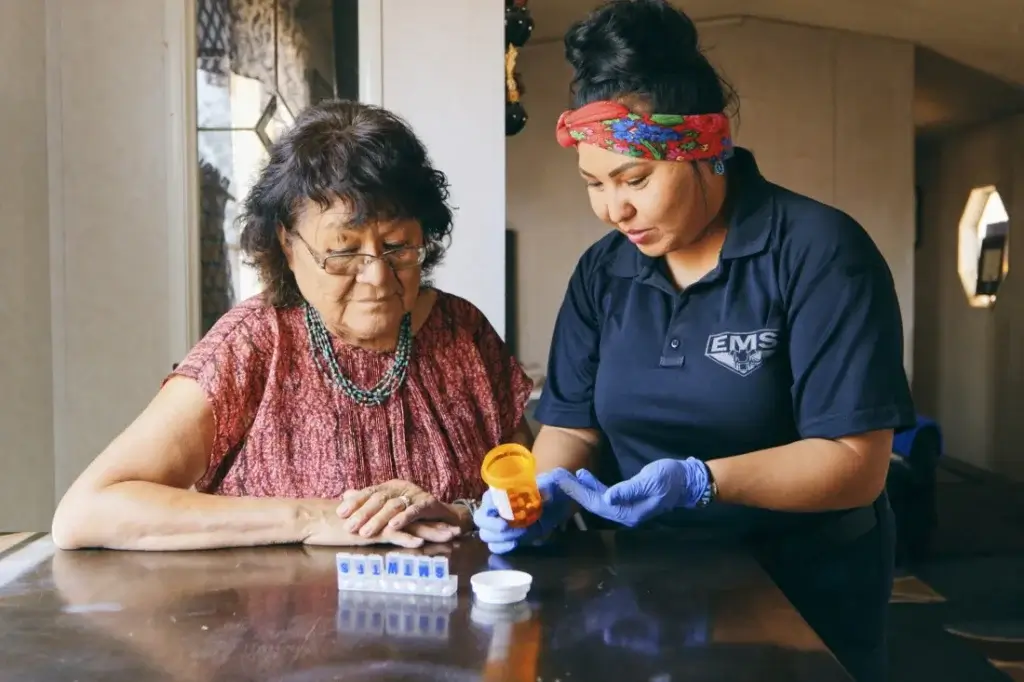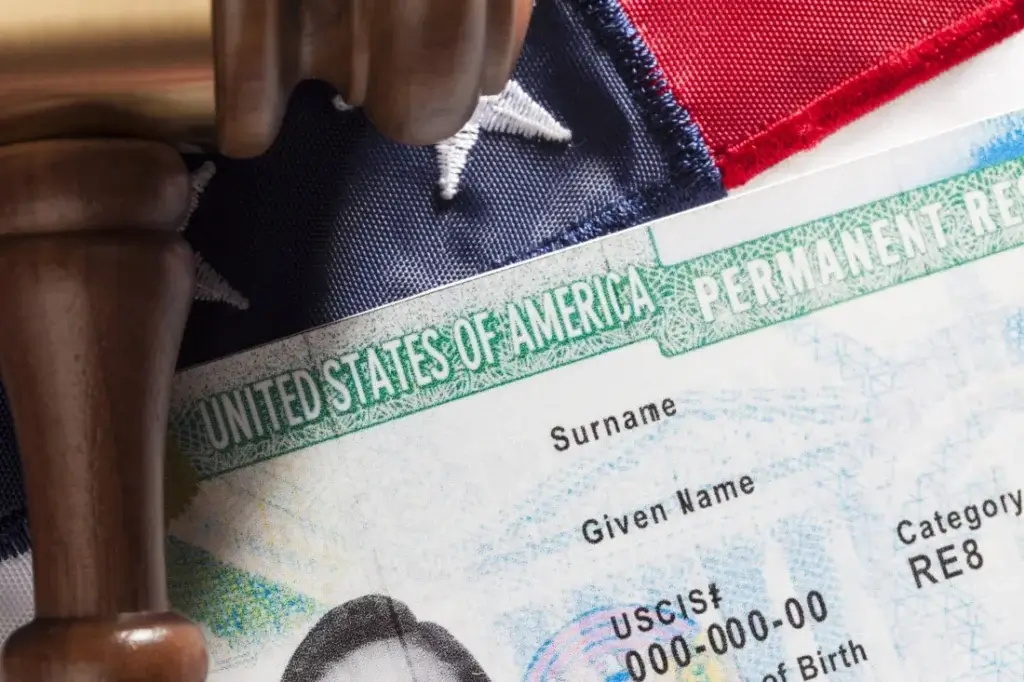Wondering if it’s possible to get undocumented workers’ compensation benefits? In many states, the answer is yes.
We get lots of questions about workers’ comp benefits and whether filing a claim could impact your immigration status. Maybe you’re here working on an H1B visa or are a permanent legal resident hoping to become a U.S. citizen. Whether you’re here as a refugee, asylum-seeker, or simply working here during college, can you get workers’ comp benefits? We’ll do our best to answer all of them below in our undocumented workers’ compensation FAQs below.
New Federal Policy Offers More Protections for Undocumented Workers on the Job
As of March 2024, new OSHA (Occupational Safety and Health Administration) policies offer more protections to undocumented workers in exchange for reporting workplace safety violations. The change is an effort to keep undocumented workers safe and to instill confidence in the agency.
The two types of visas that offer this additional protection for undocumented workers are U and T visas.

U visas offer protection for noncitizen victims of qualifying crimes, such as:
- Blackmail
- Domestic violence
- Foreign labor contracting fraud
- Involuntary servitude
- Witness tampering
The approval rate for U visas averages 84%. Since 2010, the number of U visas granted to applicants has slightly gone over the stated limit of 10,000.
T visas offer temporary protection for victims of human trafficking, which includes labor trafficking. T visa recipients helping law enforcement detect, investigate, and prosecute traffickers can stay in America for up to four years. The federal government makes 5,000 T visas available each year. However, federal data shows only about 1,000 of them granted to date.
Which States Currently Pay Undocumented Workers’ Compensation Benefits?
This chart shows how state laws determine undocumented workers’ compensation benefits.
At a glance, you can get undocumented workers’ compensation in the following states with zero restrictions*:
| Alabama | Arizona |
| Arkansas | California |
| Colorado | Connecticut |
| Hawaii | Idaho |
| Illinois | Iowa |
| Kansas | Kentucky |
| Louisiana | Maryland |
| Massachusetts | Minnesota |
| Mississippi | Montana |
| New Jersey | New Mexico |
| New York | North Dakota |
| Ohio | Oklahoma |
| Oregon | Pennsylvania |
| South Carolina | Tennessee |
| Texas | Utah |
| Wisconsin |
Will ICE Raid My House If I Apply for Workers’ Compensation?
The Occupational Health and Safety Act says injured workers have a right to report an injury without fear of retaliation. Further, federal immigration policy states that immigration agents should not interfere in labor disputes. Additionally, the US Department of Homeland Security now provides an application to claim protection from deportation or other immigration enforcement during active labor disputes.
Bottom line is that calling ICE is illegal retaliation against undocumented workers. And that’s true whether it’s for reporting unfair employment practices, undocumented workers’ compensation claims, wage theft, or workplace safety violations.

Can They Deport Me Based on Information in my Workers’ Compensation Claim?
Short answer: No. And if you’re deported after workers’ comp benefits begin, you’re still entitled to them after you leave. We say this based on court rulings like this one in Delaware. In this example, the court ruled that a deported undocumented worker still qualified to receive workers’ compensation benefits. So, the court ordered Mr. Ramirez’s payments to continue to cover medical expenses for care needed after a work accident.
Can DACA Recipients Get Workers’ Compensation Benefits?
Yes, because DACA recipients typically have the same rights as any other employee in the workplace. Every state has its own unique laws that govern the workers’ compensation claims process and benefit amounts. So, if DACA recipients meet all requirements according to state law, then they can still receive workers’ compensation benefits.
Unfortunately, not every state requires all employers to carry workers’ compensation insurance coverage. This means that if you are a DACA recipient working in Texas, for example, you might not get workers’ compensation. Similarly, if you work for a company that isn’t legally required to provide workers’ comp, then you won’t receive it. One example of this is Uber or Lyft drivers working as independent contractors.
What About Workers’ Comp for Green Card and H1B Visa Holders?
Green card and H1B visa workers have identical rights as U.S. citizens in the workplace. This includes the right to workers’ compensation because companies are required by law to treat everyone equitably when:
- Recruiting
- Hiring
- Firing
- Verifying an applicant’s identity

U.S. employers sponsor H1B visa holders to come to the United States and perform professional services for pay. Employees with an H1B visa can collect workers’ compensation benefits.
Talk to An Expert for Free About Your Workers’ Comp Case
Click the button below to speak with a workers’ comp attorney who understands undocumented workers’ compensation rights. It costs you nothing to speak with an expert about an injury you suffered while on the job.
Every attorney we match you with offers free phone calls to answer your workers’ comp claim questions. This service costs you nothing and you don’t have to do anything else after the lawyer calls you. If an attorney helps you win a cash settlement, then you only owe one small fee afterwards. But if you don’t win undocumented workers’ compensation benefits, then you owe your attorney $0.
We’ve connected more than 300,000 people with free expert workers’ compensation claim help. You could be next!
Want to speak with a nearby expert about your own case? Click the button below now:
Get Your Free Benefits Evaluation
Lisa Allen is a writer and editor who lives in suburban Kansas City. She holds MFAs in Creative Nonfiction and Poetry, both from the Solstice Low-Residency Program in Creative Writing at Pine Manor College. Prior to becoming a writer, Lisa worked as a paralegal, where she specialized in real estate in and around Chicago.

